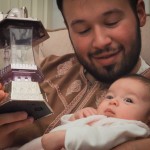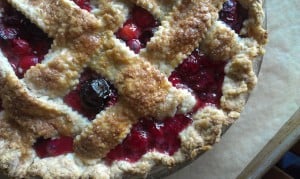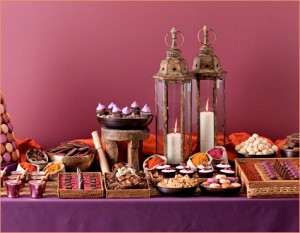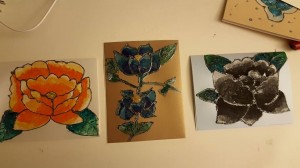Every Ramadan, there are delicious food articles and recipe ideas published on various sites and magazines. They are often inspired by peoples’ lived experience with food, memories of traditions and practical ideas for meal preparation in Ramadan.
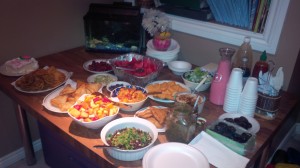
A delicious chutney accompanying a home-cooked samosa, fresh juices, Rooh Azfa cocktails, traditional rice dishes, divinely prepared meats and wonderful smorgasbord of delights at iftaar time. My mother-in-law is a fantastic cook and has spent most of her life committed to feeding her family. She still wakes up at least an hour before dawn to make fresh parathas, omelettes and whatever else her family desires. Iftaar is often a lavish affair. There are fresh pakoras, chaat, chick-pea and sweet potato dishes and other fantastic creations. I call this the “Gold Standard” of iftaars. Ramadan always brings out memories of food, smells, textures and tastes for my husbands’ family.
My family was different. In a lovely, non-traditional way.
My mother worked. And she worked A LOT – lots of night shifts. Many, many suhoors my Dad and I navigated through the kitchen as it was pitch dark outside, planning, experimenting with milkshakes (what we called ‘smoothies’ before ‘smoothies’ were a thing). This was long before the frozen ready-to-eat parathas. I also lived in a small Canadian city where an abundance of South Asian items were not always available or even on the market.
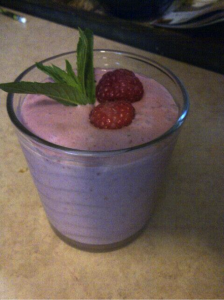 I started fasting when I was 11 and did not have a bevvy of kitchen experience. Coupled with a strict timeline before sunrise, it was all a bit daunting. We made fried eggs and switched it up. Boiled, scrambled them, and tossed in veggies and other things. I tried poaching the eggs with vinegar and boiling water – which, to my Dad’s delight and then sadness, I got right the first time but was never able to replicate for years. I served it with regular bread, bagels and English muffins and jams. Dad said I made the most perfect toast with butter.
I started fasting when I was 11 and did not have a bevvy of kitchen experience. Coupled with a strict timeline before sunrise, it was all a bit daunting. We made fried eggs and switched it up. Boiled, scrambled them, and tossed in veggies and other things. I tried poaching the eggs with vinegar and boiling water – which, to my Dad’s delight and then sadness, I got right the first time but was never able to replicate for years. I served it with regular bread, bagels and English muffins and jams. Dad said I made the most perfect toast with butter.
Iftaar was very, very simple. Dates and Rooh Azfa (with lemon in water, not milk) and then just supper. No fried goodies but always a fruit salad. I still find that to be the most challenging kitchen activity while fasting; all those juicy, delicious fruits, being carefully cut and sliced and tossed together in a bowl to create a fulfilling and magically thirst-quenching dish. [Obviously I am fasting as I write this.] More than once I have licked my fingers (accidentally) to capture the runnings juices.
We were never at a want for food, thank God Almighty. Meals were always prepared by my Mom and then frozen, or hired help would make a main dish one in awhile. But not the daily fresh overstuffed samosas, hot flatbreads with steaming salans and masterful vegetable side dishes that other families had.
I remember explaining to my MIL our basic iftaar and then dinner (followed by running to the Masjid for Taraweeh). She gave me a look that was a combination of mortification and sympathy.
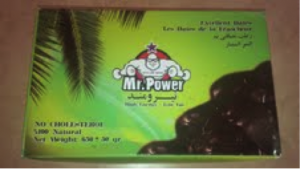
We were often invited to other peoples’ homes for iftaar and were treated to generous cultural menus: fruit salads with lemon juice and a touch of masala and raw sugar, homemade shami kababs, spring rolls, pancit or patlijan. I also remember trying my first soft Iranian date. It melted in my mouth and I didn’t have to chew through it. I remember slicing my fingertips trying to stuff the hard dates with dried apricots and crushed almonds- an idea I borrowed from our Turkish friends. My parents always appreciate and lauded my efforts but asked me to refrain from excessive knife-work. Now, my kids prefer soft Iranian dates and they are far easier to stuff with coconut or chocolate.
Being an avid and adventurous eater, I tried to come up with new food ideas for Ramadan and my family. Truth be told, my older brother would have been happy just eating a Big Mac on any occasion.
Which we also did do. I remember my Mom and Dad both came home from work one day and I had forgotten to take out a dish from the freezer ahead of time. We stood there for a while, staring at the cold, heartless casserole that refused to defrost for us despite the merciful month. I was scared that my poor parents wouldn’t get a satisfactory dinner on time. I was at home in summer and after my soccer practice, had napped and watched TV in the cool basement, and was feeling fresh. They were exhausted.
Dad told me simply, after untwisting his face from mild frustration, “Alhumdullilah. We’ll go out. Don’t waste this precious month fretting over food. Save your energy for salat”. Mom smiled, put the dish in the fridge and said, “It’ll be all ready for tomorrow’s dinner”.
My brother thought I was a genius for managing to score us pizza.
Another non-traditional tradition, which became a Ramadan mainstay in my community, was my Dad buying us to Dairy Queen “Blizzards” if we completed the 20 rakats of Taraweeh. Now when I bite down into a skor Blizzard and the cold sweetness of chocolate-taffy penetrates my tongue, I am reminded of the long summer nights, when my Dad was beaming with pride as he treated us. In Ramadan, the local Dairy Queen was often taken over by Muslim patrons. A nice manager even kept it open for 15 minutes longer if we weren’t there by 11:30 p.m.
The highlight of my week in Ramadan was definitely the weekend mosque potlucks. Being from a university city, we had an amazingly diverse population. I remember feasting on injera, ful, different of lentils, chicken dishes, macaroni bechamel, curried goat and daal-rotis. One Palestinian family always prepared a turkey. (Awesome, right?)
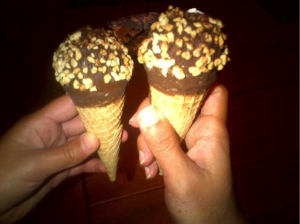
There were trifles, cakes, pies and homemade halwas. Basbousa and baklawas dripping with honey and covered in pistachios. There were also very simple offerings. Cut-up vegetables platters. People brought cans of juice. Containers of ice cream. Students didn’t have to bring anything but always came with at least a few candies for us kids.
I remember the food, but more importantly, I remember the gratitude, the sharing. And above all, I remember the sense of community and love – my extended ‘non-traditional’ family.
It’s a feeling that I put into my iftaars when I make chutneys, spanikopita, dahi baras, samosas and spring rolls. Or sahoor prep when I make parathas for my kids. Or when I give them a glass of water or an ice cream drumstick. (Yes, I allow that.)
Ramadan is about a connection to God Almighty. And in a family and community, food is often a vehicle to remind us of this privilege. It creates memories, regardless of the quality or quantity of the dish. These experiences have made me a much better cook. To recognize it’s not actually about the food, it’s about the blessings.
Ramzan Mubarak/ Ramadan Kareem and Bismillah – Bon Appétit !
For more on MMW’s Ramadan series, and to read the rest of this year’s Ramadan posts, click here.


